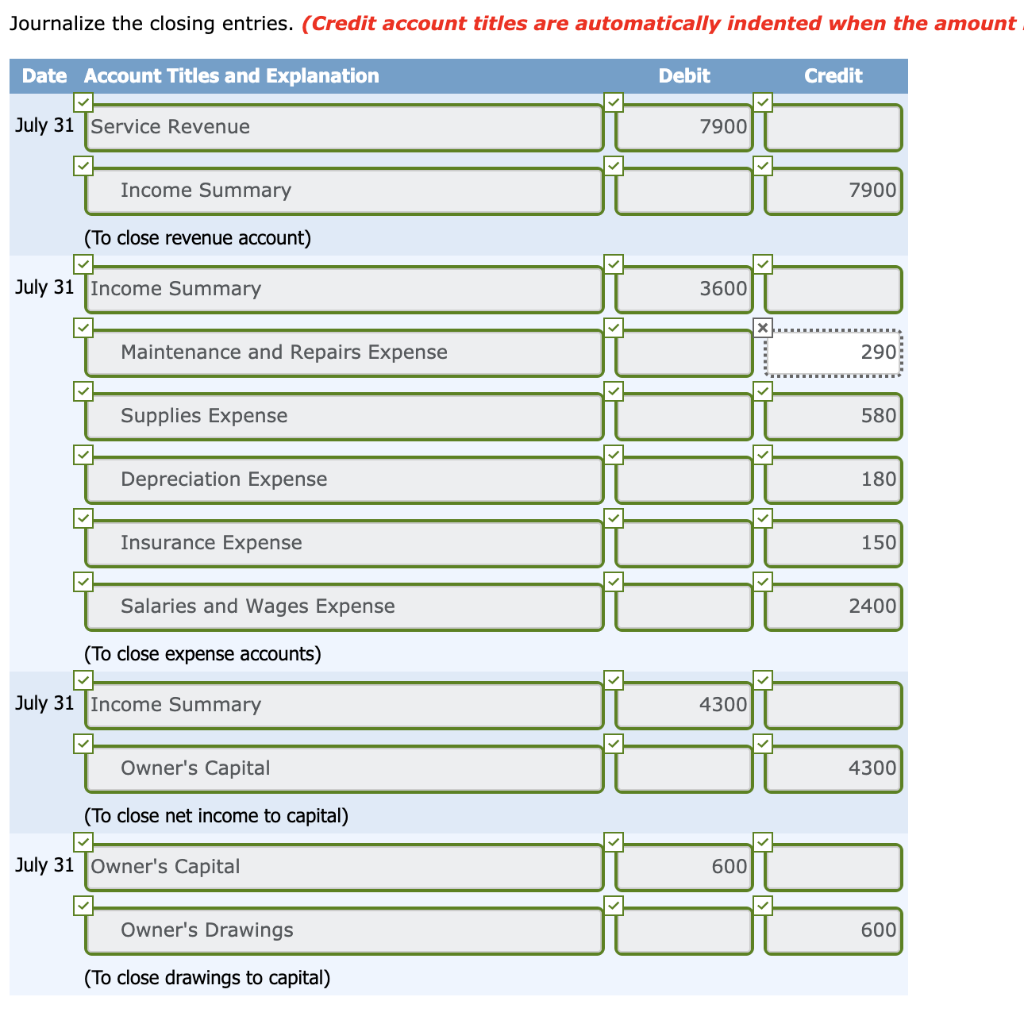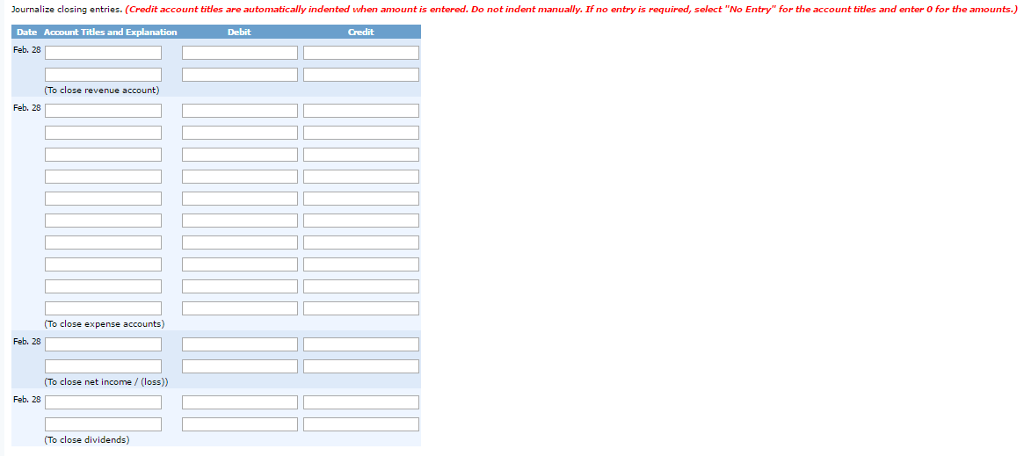

Select the Bank account and Furniture account.Press F12 (Configure) and set the option Set Ledger-wise Bank Allocations during voucher creation to Yes, to view the bank details defined in the party ledgers.Open the Payment Voucher and in single entry mode.In this case, let us make payment for a Furniture purchased. Select more than one Transaction Type and allocate the amount to each Transaction Type by providing the required details. You can make payments for more than one expense or to more than one supplier through a single voucher in case they are sister concerns. In the Receipt voucher, select the Bank account under the Account field and expenses or party ledger under Particulars. You can make bank payments and record them using the Payment voucher. As always, you can press Ctrl+A to save the payment voucher. Under Particulars, select the Conveyance and Telephone ledgers, and enter the corresponding amounts.In the Account field, select the Cash ledger.Select the Cash account, and Expenses account.Press Ctrl+H (Change Mode) > select Single Entry.Press Alt+G (Go To) > Create Voucher > press F5 (Payment).Īlternatively, Gateway of Tally > Vouchers > press F5 (Payment).Open the Payment Voucher in single entry mode.

In the below example, let’s record cash payment for Conveyance and Telephone expenses in single entry mode. You have to select your supplier account under Particulars, and you can record the transaction. Similarly, you can make payments to your suppliers. You need to select Cash account under the Account field and under Particulars select the conveyance and telephone accounts and enter the respective amounts. Suppose you want to make payment through Cash for Conveyance and Telephone expenses incurred in your business. Once you select the ledgers correctly, TallyPrime automatically records your transaction as per the accounting rules. If you are unfamiliar with the accounting rules, you can use the single-entry mode of accounting.

In TallyPrime, you can record such cash payments in single entry mode. In business, you can pay daily wages, regular business expenses like stationery, printing, postage, and other miscellaneous expenses, or payments to your suppliers with cash as it is an instant payment method. Provide narration for each ledger in the payment voucher.You can use a Payment voucher to record cash and bank payments using Single Entry or Double Entry mode. You can record your payments and receipts in the Journal Voucher as well and view the transactions in the Journal Register. This option displays outstanding bills and you can select them before entering the amount. Alternatively, you can use the pre-allocation bill option.

In TallyPrime, you can adjust those bills after entering the amount received or paid. You can settle suppliers’ and customers’ bills by recording payments and receipts against bill numbers. In TallyPrime, such Contra entries are recorded using Contra Vouchers, however, you can record the Contra entries using Payment and Receipt vouchers. Apart from the Payment and Receipt Register, TallyPrime provides you with the Receipts and Payments Report, which you can view as is or also configure as per your requirements.Ĭontra entries refer to transactions between cash and bank such as cash deposited in the bank, or cash withdrawn from the bank. Once recorded, you can see such vouchers in the Payment and Receipt Register. In TallyPrime, the payments and receipts are recorded using the Payment and Receipt Voucher. You can print the payment and receipt vouchers and also print and share an acknowledgement of receipt with your customers. Such payments and receipts can be done through cash or bank, as well as through other payment methods such as online payments, credit or debit cards and so on. Every business incurs expenses and generates income which is recorded to track the payments and receipts.


 0 kommentar(er)
0 kommentar(er)
